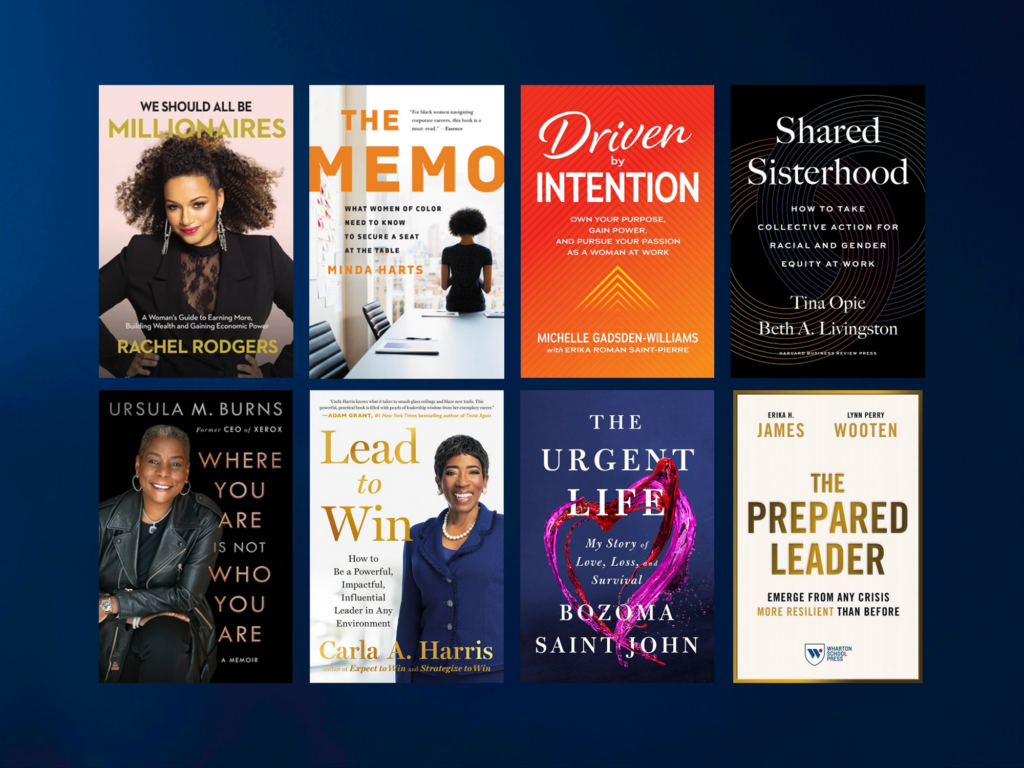Earth Day Spotlight: Stanford MBA works towards racial, climate & gender equity

Every April 22nd, people, governments, institutions, and businesses of all backgrounds come together to advance sustainability and climate action in commemoration of Earth Day. This year, the theme is Invest In Our Planet, which highlights the importance of dedicating time, resources, and energy to solving climate change and other environmental issues. While everyone can help local communities by picking up trash, shopping at local farmer’s markets, or even buying clothes out of recyclable materials, some MBAs make sustainability their life mission. In 2022, MBAchic highlighted Stanford MBA and CEO of Impact Experience, Jenna Nicholas, who shared her P.D. Soros Fellowship experience.
Now in celebration of the 52nd anniversary of Earth Day, we are catching up with Jenna to discuss how her MBA has shaped her sustainability efforts, what everyone can do to make an environmental difference, and how she’s building trust to link communities, capital, and racial justice. To recognize our collective responsibility and to help accelerate the transition to an equitable, prosperous green economy for all, we hope this conversation inspires our community to work together and join an inclusive and impactful movement.
From post-hurricane rebuilding efforts in New Orleans, Houston, and Puerto Rico, to workforce training programs in former coal economy-driven communities in West Virginia, Impact Experience is focused on partnering with underserved communities. Helping people of color and women-run businesses build capital, and supporting sustainable agriculture and climate practices is a yearlong effort which Jenna takes pride in.
“We’re really focused on building bridges between investors, entrepreneurs, artists, and communities that have been overlooked and underestimated, So a lot of our work is at the intersection of racial climate and gender equity,” says Jenna. “So, we partner with communities that have been overlooked and, and marginalized historically and curate groups of companies and investors with both the goal of investing into those communities, but also having a greater awareness of the role that biases play within their investment decision making and broader decision making processes. We have a particular initiative, business climate finance, where we are working with companies around decarbonizing their bank deposits and retirement accounts, all with a focus on, on racial and climate equity.”
Jenna is also the Managing Director of One Planet VC where she invests in early-stage businesses in transformative industries, such as education technology, marketplaces, media, and the future of mobility. Themes of equity and social impact weave throughout her career, at least 60% of the socially conscious companies she invests in are run by women and people of color.
Leading up to this point in her professional journey, Jenna completed her MBA at Stanford’s Graduate School of Business. She says business school is a great place for future women leaders to find and be exposed to role models, peers and allies that will help them define their careers. Particularly for anyone interested in the environmental or social justice space, she says an MBA can act as an extremely beneficial launching pad.
“I decided to go back to Stanford for business school really with the goal of, how could I do everything that I was doing better? How could I learn from leaders that had pursued careers, both with the social impact orientation, but also just more broadly and meet my classmates and faculty and alumni,” says Jenna. “It was an amazing decision…I do think that the MBA is a really great program for [anyone] considering social and environmental impact within one’s career. What’s been really exciting is just to see more and more business schools that are integrating, whether it’s directly through classes or through extracurricular activities or fellowships, more of a focus on social and environmental impact because there is just this such an increase in demand from students.”
While so many challenges surrounding climate change and sustainability can feel too big to tackle on an individual level, Jenna urges everyone to take a closer look at the powerful environmental impact of their financial banking choices.
“So individuals can choose to bank with financial institutions that have a social and environmental focus to them,” suggests Jenna. “One of the things that’s so interesting about that is so often we think about cash as being neutral, but actually the cash that is held by many of the mainstream banks is then invested into fossil fuel projects.” There are an increasing number of financial institutions that are intentional about actively investing into solar and broader renewable energy projects, or that take a stance to not invest into fossil fuel initiatives. Through getting more engaged in your banking history and doing independent research of different community development finance institutions, credit unions, [or] minority deposit institutions, Jenna says anyone can make a powerful and effective environmental impact.

Photo from Francesco Gallarotti







